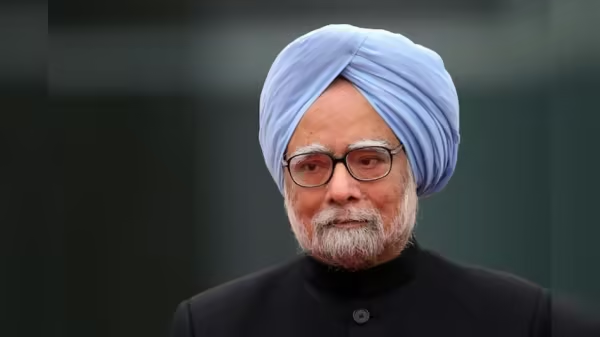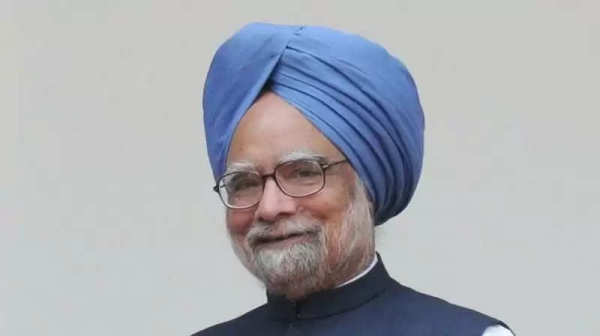
What is national mourning, what happens in it? Are government offices closed during national mourning? All such questions must be arising in everyone's mind, because on the death of former Prime Minister Manmohan Singh, the Union Home Ministry has announced seven days of national mourning across the country. During this time, the national flag will remain half-mast all over India. Manmohan Singh, the father of economic reforms in India, died on Thursday night at the age of 92. In a letter sent to the Chief Secretaries of all states and union territories on Thursday, the Home Ministry also said that Singh's funeral will be performed with state honors and there will be no official entertainment program during national mourning.

What is national mourning?
A symbolic way of expressing the grief of the whole country is called 'national mourning' in India. Generally, 'national mourning' is observed in our country on the death or death anniversary of a particular person. According to the Flag Code of India, many important rules have been made for this. According to this, during national mourning, the national flags hoisted all over India remain half-mast. Also, the tricolor hoisted on Indian institutions located abroad like embassies etc. also remains half-mast. Apart from this, no formal and government program is held during national mourning. No official work is also done during this period.
When was national mourning declared for the first time?
Do you know when national mourning was declared for the first time in India? It was in the year 1948, on 30 January, Mahatma Gandhi was assassinated. After this, national mourning was declared for the first time in India.
Why does the tricolor remain half-mast?
During national mourning, government ceremonies and official entertainment programs are also banned. Earlier, when 'national mourning' was declared, there were limited opportunities for it. At that time, national mourning was reserved only for the current and former President, Prime Minister. However, after some time many changes were made in it. Now, on the special instructions of the Central Government, national mourning can be declared in the case of other dignitaries as well. If a major natural disaster strikes the country, then 'national mourning' can be declared at such times. Not only in India, but the central government can also declare national mourning on the sudden demise of the head of state of other countries of the world.
Is there a holiday during national mourning or not?
Before the year 1997, there was a holiday in government offices during national mourning. However, a notification was issued by the central government in 1997. According to this, public holiday is no longer mandatory during national mourning. Its provision was abolished by this notification in the year 1997. According to the rule, if a President or Prime Minister dies while in office, then there is a holiday. Apart from this, state governments also have the right to declare a public holiday on the death of a dignitary. The state government can declare state mourning on such an occasion.
What did the Home Ministry say in the letter?
The letter said, "The Government of India announces with great sadness that former Prime Minister of the country Manmohan Singh passed away on 26 December 2024 at the All India Institute of Medical Sciences (AIIMS), New Delhi." The Home Ministry said that it has been decided to observe seven days of national mourning across India from 26 December to 1 January in honor of the late former Prime Minister. During this period, the tricolor will fly at half-mast at all places in India where the national flag is regularly hoisted and there will be no entertainment programs officially during the period of national mourning. The Home Ministry said that the national flag will also fly at half-mast in all Indian embassies and high commissions located abroad on the day of funeral.